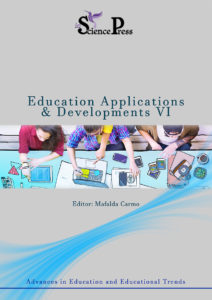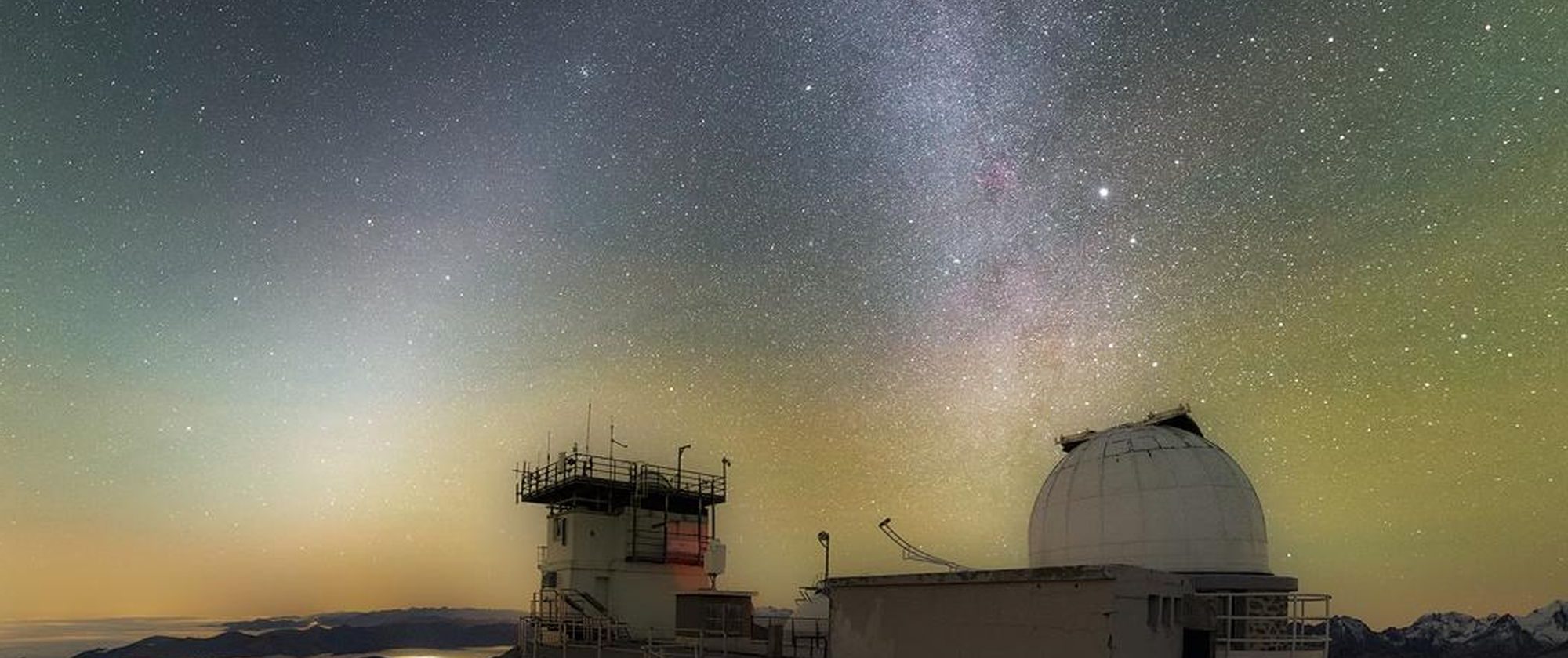 The work done at CoAstro has received some accolades. Thus, it has been:
The work done at CoAstro has received some accolades. Thus, it has been:
- Winner of the “Local Projects competition“, prize of the “Planetarium Centennial celebration” – “International Planetarium Society” (IPS)
- The subject of a Letter of Endorsement by the de Office of Astronomy for Development (OAD)
- Finalist of the Office of Astronomy for Development 2023 OAD Call for Proposals
- Science Breakthrough of the Year – Science Engagement 2023 – Finalist
- Candidate by invitation to the European Union Prize for Citizen Science 2023
- Candidate to the Eric and Wendy Schmidt Awards for Excellence in Science Communications 2023
- Candidate to the Prémio Fundação Engº António de Almeida 2022
- Selected for the International Science Festival 2022
- Science Breakthrough of the Year – Science Engagement 2021 – Finalist
- Science on Stage, in “Collaboration in STEM Education” category – National Finalist
- Nominated for the International Astronomical Union (IAU) PhD Prize 2020
- Mentioned in SciComm PhD Theses.
In addition to the PhD thesis written, as a result of the implementation of CoAstro (which can be consulted HERE), so far, the research underlying the project has led to the publication of results revealed HERE.
In addition to these publications, the CoAstro´s design has been validated by:
- Scientific committee of the Encontro Nacional de Ciência Cidadã 2023 – HERE.
- Scientific committee of the VIII Encontro Internacional da Casa das Ciências 2023 – HERE.
- Scientific committee of the 4th Shaw-IAU Workshop on Astronomy for Education 2022 – HERE.
- Scientific committee of the Encontro Nacional de Ciência Cidadã 2021 – HERE.
- Scientific committee of the Science & You 2021 – HERE.
- Scientific committee of the ESERA 2021 – HERE.
- Scientific committee of the SciComPt 2021 Congress – HERE.
- Scientific committee of the CAP 2020 – HERE.
- Scientific committee of END 2020 – HERE.
- Scientific committee of INTED 2020 – HERE.
- Scientific committee of the SciComPt 2020 Congress, – HERE.
- Scientific committee of ENEC 2019 – HERE.
- Scientific Committee of the 30th National Meeting of Astronomy and Astrophysics – HERE.
- EU-Citizen.Science – HERE.
- SciStarter – HERE.
- Falling Walls World Engagement map – Falling Walls Portal – HERE
- mCiências Portal – multimedia in science teaching – HERE.
The way of structuring, implementing and evaluating CoAstro was also presented and discussed:
- In a book chapter of the “Ciência Cidadã na Educação em Ciências“.
- In the Continuing Professional Development course for teachers “Open Science and Opportunities for Education“.
- At the “4th Science Communication Conference“, University of Minho.
- As an invited speaker at the “2025 Annual Meeting of the European Astronomical Society“.
- On Asteroid Day 2025.
- With the research team of the Citizen Science Data project – King’s College London.
- With the research team of the project that led to the publication of the papper A massificação e democratização da Educação Doutoral.
- With the research team of the project that led to the publication of the papper The value of doctoral education in the intersection of the multiple purposes of higher education.
- With the AD4GD at the University of Aston . Indeed, CoAstro was one of the projects analyzed, in the investigation conducted by INCENTIVE, on “Data management practices in Citizen Science projects”.
- In the Learning Planet Festival 2024.
- In the Scientix 2023 National Conference
- In the Climate Education Summer University 2022 (CESU).
- In the Evaluation Panel of the PhD in Science Teaching and Dissemination.
- In the MW-Gaia WG5 workshop Breaking Barriers: Inspiring the Next Generation.
- In the IA Summer Internships – Institute for Astrophysics and Space Science.
- In the Workshop MW-Gaia: Bringing the Milky Way to schools.
- In the “Space Talks online series – Ecsite Space Group“, organized by the European Network of Science Centers and Museums (Ecsite).
- In one of the classes of the Curricular Unit of Elements of Science Dissemination, of the Master in Teaching and Science Dissemination, of Faculdade de Ciências da Universidade do Porto.
- In classes of the Science Communication Training Course for Non-Specialized Audiences, at Faculdade de Engenharia da Universidade do Porto.
- With the Visualization Studies Research Studio (VSRS) at the University of Washington. In fact, CoAstro was one of the projects analyzed, in the investigation conducted by VSRS, on “Digital Data Management in Citizen Science”.
- At IA-ON7 – the annual meeting of the Institute of Astrophysics and Space Sciences.
On the other hand, over time, CoAstro has been in the news – HERE.

